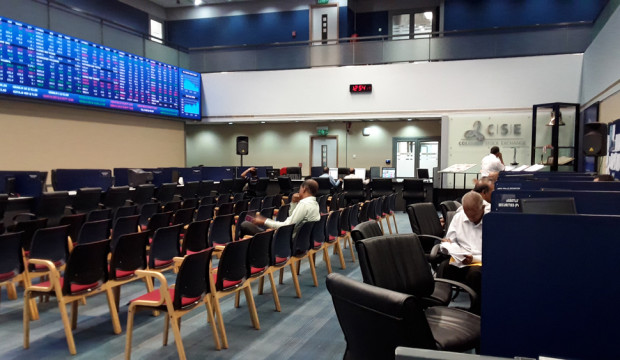July, 12, 2018

Reuters - Sri Lankan shares closed firmer on Wednesday as investors bought beaten-down blue chips, while many market participants remained on the sidelines due to a lack of bullish news amid concerns over political uncertainty, stockbrokers said.
The Colombo stock index ended 0.25 percent higher at 6,092.65.
“Today the market is up with some select institutional investor buying. That will bring positive sentiment to the market,” said Hussain Gani, deputy CEO, Softlogic Stockbrokers.
“The cautiousness will continue till they see proper direction.”
The index on July 4 hit its lowest close since March 30, 2017, and has declined for 19 session in 24 through Wednesday.
It dropped 1.4 percent last week, sliding for a seventh straight week.
Lower economic growth outlook has also hit sentiment after the central bank cut its estimate, analysts said.
Economic growth in 2018 is likely to be between 4 percent and 4.5 percent, falling short of an earlier estimate of 5 percent, Central Bank Governor Indrajit Coomaraswamy told reporters on Friday, adding that the earlier estimate was “ambitious”.
Foreign investor are selling and concerns about lower economic growth weighed on sentiment, analysts said.
They net sold equities worth 79.8 million rupees on Wednesday extending the year-to-date net foreign sale to 2.8 billion rupees.
Shares in Ceylon Tobacco Company Plc ended up 0.9 percent, Dialog Axiata Plc closed 0.7 percent higher and Melstacorp Ltd ended 0.2 percent firmer.
Investors are waiting for some positive news both on the economic and political front, said analysts, adding that the government’s policy implementation had been sluggish since both main parties in the ruling coalition lost local polls in February.
The International Monetary Fund said on June 20 that Sri Lanka’s economy remained vulnerable to adverse shocks because of sizable public debt and large refinancing needs.
Video Story